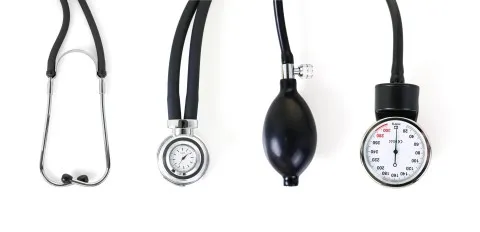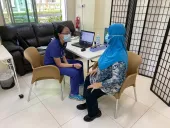
Healthcare investments in China are alive and kicking
Domestic deals in hospitals hit US$1.99b.
If the recent M&A activities in China’s healthcare industry are anything to go by, it appears that the government is hitting the nail on the head with its healthcare reforms. Healthcare investments in China are very much alive and kicking, with the disclosed number of deals in hospitals increasing steadily from 2012 to 2015. PwC notes that domestic M&A deals are identified as the most active category, with a total of 122 domestic deals in hospitals representing 54.5% of the overall amount whilst the total value reached almost CNY13.79b (US$1.99b).
“From 2012 to 2015, domestic M&A activities in hospitals were concentrated in regions where healthcare reforms were initiated, including Beijing, Jiangsu, Zhejiang, and Guangdong. Deals in these four locations accounted for over 50% of the total number and approximately 70% of the combined value,” says PwC analyst Leon Qian.
Shifting trends
Investments are also pouring into core business areas such as hospitals, rehabilitation centres, and clinics, compared to traditional targets like medical examination centres and dental clinics. PwC’s data also show that the increase in investments in general hospitals by both size and volume outpaced the growth of specialised hospitals in 2014. “The upward trend was maintained in 2015. Over the year, a total of 27 deals involving general hospitals were recorded, with a value of CNY3.98b (US$596m). In contrast, the disclosed value for specialised hospitals fell sharply in 2015 compared to 2014,” notes Qian.
Investors are attracted to specialised hospitals, especially dental, obstetric, and paediatric hospitals, as they are low-risk and profitable investments that can be easily replicated and enlarged, and can so often lead to more profit. However, PwC notes that with more capital flowing in, such targets had become scarce, which led to a dramatic drop in investments in 2015. Also in 2015, level II and III general hospitals became the main focus for investments in domestic hospitals as they yielded stable cash flows and tended to offer the most benefit for new funding.
“Our most recent statistics show there has been a rise in the activity of investments in public hospitals, reflected in the total disclosed deal value reaching CNY0.84b (US$121m) in 2015. Investments in private hospitals had also seen a substantial increase in 2014, setting a record high for both the volume and value recorded. However, in 2015, the deal amount plunged to CNY3.94b (US$570m), largely due to fewer deals associated with specialised hospitals taking place,” adds Qian.
But with the Chinese government further deepening healthcare reforms in the country and the new technologies transforming the industry, expect M&A activities to continue rising.













 Advertise
Advertise













